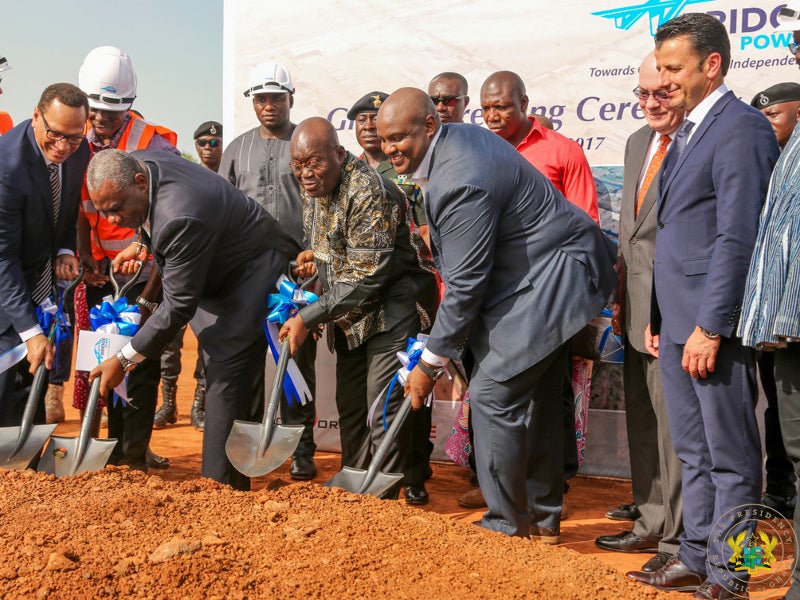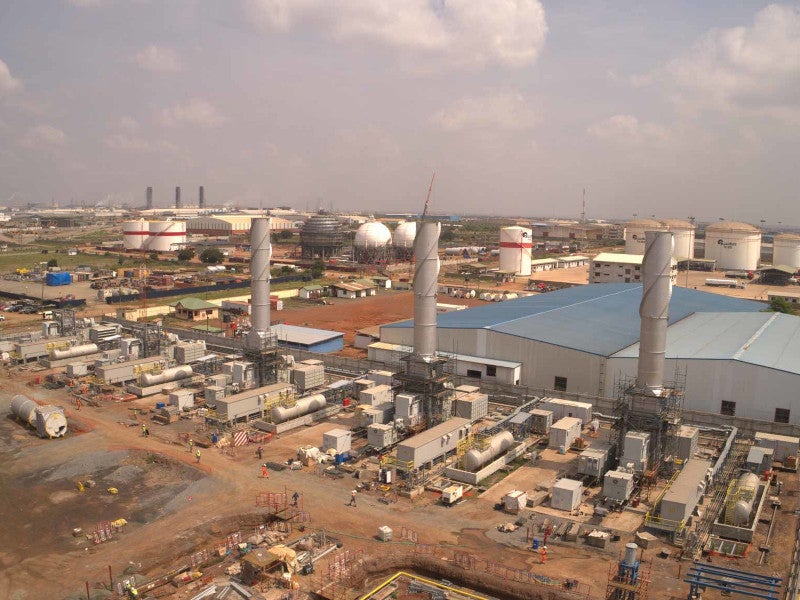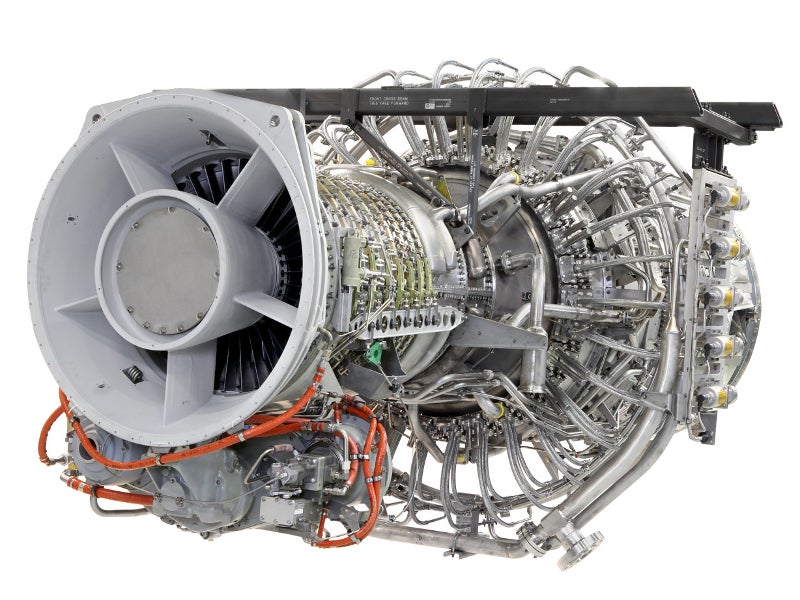The Bridge Power project is a 424MW liquefied petroleum gas (LPG)-fuelled combined-cycle power plant developed in Tema, Ghana. The project is the first of its kind undertaken in Africa.
The plant was built in two phases with an investment of $953.4m. The first stage has a capacity of 202MW, while the second has 222MW.
Early Power, a consortium of Endeavor Energy, Sage and GE, developed the project. The electricity generated by the plant is supplied to the Electricity Corporation of Ghana (ECG) under a 20-year power purchase agreement that includes a five-year extension option.
The project uses diesel as back-up fuel for the initial years of operations. It is expected to switch to natural gas as its primary fuel with LPG as back-up by year five of operations.
A ground-breaking ceremony for the first stage of the project was held in April 2017. The major construction work commenced in December 2018. Stage 1A began commercial operations in January 2021 with 147MW capacity, while stage 1B became operational in July 2021.
Stage two became operational in September 2023 with a power output capacity of 222MW.
Bridge Power plant make-up
Designed to operate for 25 years, the Bridge Power plant is a mix of both open and combined-cycle configurations.
Stage one features five GE TM2500+ gas turbines and a GE steam turbine in a combined-cycle gas turbine configuration (CCGT).
Five once-through steam generators, one air-cool condenser, on-site LPG storage, a transportation pipeline and other balance-of-plant equipment were also added during the stage.
Stage two includes four GE LM6000 gas turbines and one GE steam turbine in a CCGT configuration.
Turbine details
The TM2500 can operate on a broad range of fuels, including natural gas, LPG and/or distilled liquid fuel. It can provide a rapid response to emergency situations, with the ability to be installed and operated in just 11 days.
The turbine has an efficiency rating of 37%, and its capacity can be increased by 34 to 37MW as demand increases.
The LM6000 turbine is renowned for its high level of reliability with a five-minute start-up time, an operation rate of more than 99% and an availability rate of more than 98%.
The simple two-spool setup of the turbine also favours lower maintenance costs. The universal and modular packaging makes the turbine smaller and faster to set up and launch.
Facilities and fuel used at the Bridge Power plant
The project involved the installation of a 9.4km-long LPG pipeline with a diameter of 12in from the Tema jetty to the oil refinery to enable LPG transfer to a storage system, ensuring LPG availability throughout the year.
A 1.1km-long water pipeline, raw and demineralised water storage tanks, diesel tanks with a capacity of 30m³, main stacks, a demineralisation plant, and administration and warehouse facilities are also a part of the plant.
Grid connection for the Bridge Power project
Stage one produces electricity at 11kV, which is converted into 33kV using three step-up transformers and directly supplied to the ECG’s distribution network through underground cables.
Electricity generated from stage two is similarly stepped up and sent to a new 161kV switchyard and breaker circuit. The switchyard distributes the electricity generated through overhead lines.
Contractors involved
Early Power worked with several companies for the development of the project, including Aurecon, Associated Consultants, BMT, Clifford Chance, Jacobs Consultancy, Kina Advisory and WSP.
Sage, a Ghanaian oil trading company, is providing LPG for the project. Sage was also responsible for the installation of storage spheres and a pipeline connecting the Tema oil refinery with its existing LPG storage and transportation infrastructure.
Mytilineos, an industrial and energy company, was the construction contractor for the project. Power Projects, a wholly-owned subsidiary of Mytilineos’s business unit METKA, carried out the construction.
The contractor payment guarantee for stage one was provided by GuarantCo, a company that helps with infrastructure development in low-income countries.
GE was awarded a contract to supply gas turbine generator sets and steam turbines in May 2017.
Denham Capital, a private equity company specialising in energy and resources, provided financial support to the project.
Marketing commentary on the Ghanaian power market
The Bridge Power project will help make Ghana self-sufficient in electricity by meeting both its near-term and long-term energy needs. An estimated 62% of the electricity demand in the country is domestic, while the remainder is commercial and industrial.
The country’s economy has grown at a rate of 7% per year over the last 16 years, resulting in increasing demand for electricity. Existing facilities can supply electricity to 71% of the population. Ghana is projected to require another 2,000MW of electricity in the next five years.
The project will add approximately 5% to the country’s generating capacity and help in the growth of the country’s economy. The LPG infrastructure developed by the project can be used for other markets, diversifying the country’s energy mix.






